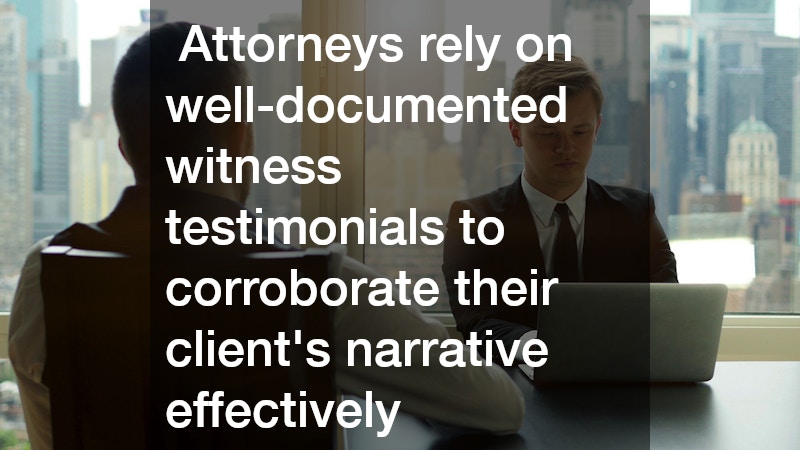This article discusses the importance of taking specific legal precautions to aid your criminal defense effectively, should the need arise. By understanding and implementing these steps, individuals can better navigate the complexities of legal proceedings and potentially mitigate legal repercussions. Being proactive about legal matters is not merely about following a checklist; it’s about empowering oneself with knowledge and foresight. Such empowerment becomes especially crucial in a legal system where nuances can significantly affect case outcomes.
What Legal Precautions Should I Take to Protect Myself?
Understanding your rights is the foundational step in protecting yourself legally. It involves familiarizing oneself with basic legal rights, such as the right to remain silent and the right to an attorney, when facing criminal proceedings.
Without this knowledge, individuals may inadvertently provide information or confessions that can be used against them. This understanding goes beyond knowing your rights; it entails knowing how and when to assert them effectively.
Documenting events and evidence meticulously is another essential precaution. This process involves accurately recording the sequence of events, collecting relevant documents, and maintaining records in a secure manner. Detailed documentation can be a powerful tool in defense, as it enables lawyers to build a robust narrative. It’s also crucial to gather as much evidence as possible immediately following an incident.
How Can Proper Documentation Help My Case?
Recording details accurately is more than a precaution; it is an indispensable aspect of legal defense. Every meaningful detail, from the time and place of an incident to the individuals involved, should be documented meticulously. Such detailed accounts preserve the facts and can be crucial when memories may fade or when questioned by authorities or in court. Accurately recorded details can provide a chronological framework that assists lawyers during case analysis.
Collecting witness statements promptly after an event is equally vital for building a robust defense. Witnesses can provide external verification and substantiation of the events as they unfolded. Securing such statements early ensures their accuracy and reliability, as memories can alter over time. Attorneys rely on well-documented witness testimonials to corroborate their client’s narrative effectively. In doing so, the defense is fortified by diverse perspectives that can sway judicial opinions.
Why Is Hiring a Criminal Defense Lawyer Crucial?
The expertise in legal procedures that criminal defense lawyers bring is unparalleled. Lawyers possess the training and experience to navigate the often-complex labyrinth of criminal law, ensuring that procedural requirements are consistently met. They are knowledgeable about filing motions, court formalities, and deadlines, covertly streamlined processes for best outcomes. This expertise not only saves time but also prevents costly errors that individuals unfamiliar with legal protocols might make.
Building a strong defense strategy entails more than gathering evidence; it requires strategic thinking and planning. A competent lawyer assesses all aspects and angles of a case, identifying weaknesses and strengths. They map out a comprehensive plan that addresses potential challenges and opportunities for plea bargains or acquittal. Lawyers are trained to anticipate prosecution tactics, preparing defenses that are agile and responsive.
What Role Does Privacy and Confidentiality Play?
Protecting personal information is paramount in legal defense, ensuring that sensitive data is not exploited. Unauthorized access or disclosure can hinder legal proceedings and damage reputations. Lawyers employ strict confidentiality protocols to safeguard their client’s information both inside and outside the courtroom. Clients must also be wary of sharing personal details related to the case without legal oversight, as inadvertent leaks can occur.
Secure communication with legal counsel is essential to uphold the confidentiality of attorney-client interactions. Various secure communication methods can be utilized, such as encrypted emails and private client portals, to prevent unauthorized interception. Understanding client-lawyer privilege is critical because it dictates that communications are protected from disclosure. This privilege fosters open dialogue, allowing clients to disclose all relevant information without fear, which is necessary for a robust defense.
How Does Keeping a Low Profile Influence Legal Outcomes?
Avoiding media attention is often critical in maintaining the integrity of the legal process. Legal teams recognize that media portrayals can skew public perception and influence judicial perspectives unconsciously. By keeping a low profile, it is easier to manage the narrative that surfaces in legal settings, maintaining focus and coherence. Moreover, high media exposure often exacerbates stress, which can affect decision-making during pivotal moments.
Maintaining composure in public settings, especially when legal proceedings are ongoing, demonstrates responsibility and maturity. Such behavior reflects well not only on the individual but also suggests stability to the court. Controlled behavior minimizes opportunities for negative portrayal by the media, which could otherwise be exploited.
Conclusion
By adhering to these legal precautions, individuals can significantly enhance their defense readiness in the face of criminal allegations. Criminal defense lawyers appreciate clients who take proactive steps, thereby ensuring that legal proceedings are managed more effectively and outcomes potentially improved. Preparedness in legal matters is akin to building a shield against unforeseen complications and enables a proactive rather than a reactive approach. The steps outlined serve both as preventive measures and active components of a successful defense strategy.




